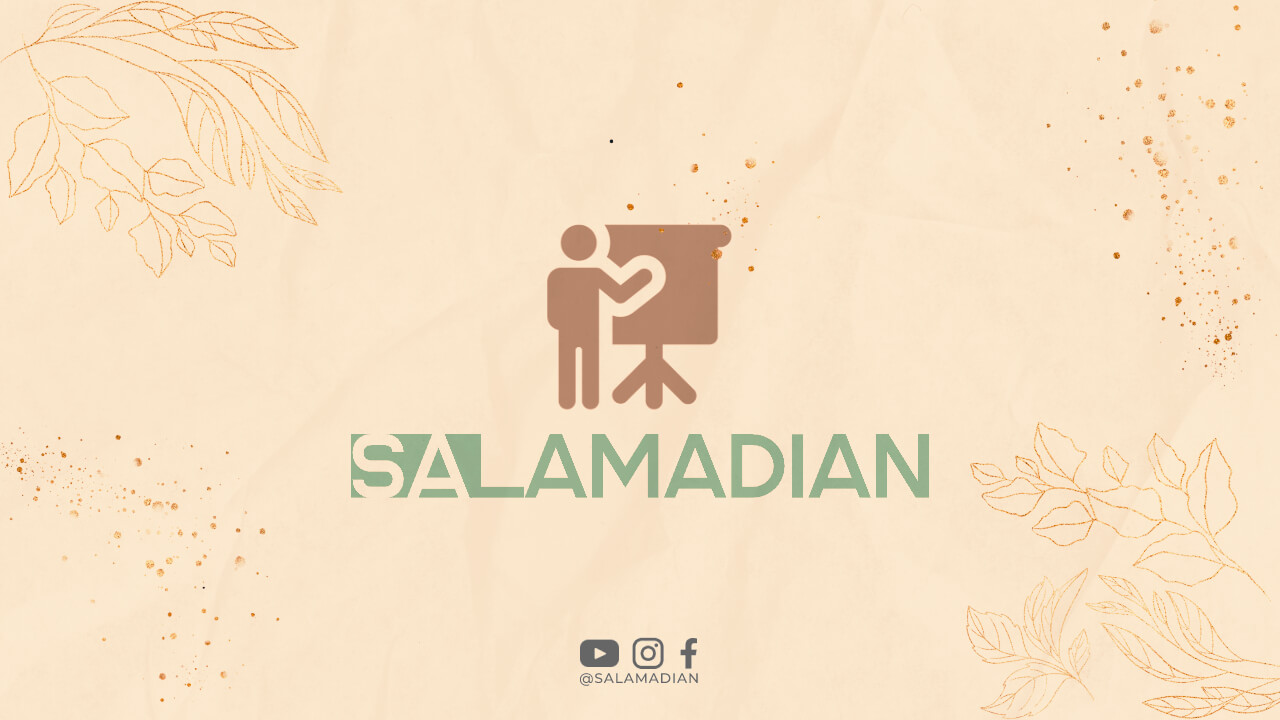Living as an asylum seeker in a foreign country can be a challenging and uncertain experience. Many individuals who seek asylum in the United Kingdom often have concerns about their education and whether they can pursue further studies. In this article, we explore the opportunities and limitations for asylum seekers who wish to study in the UK.
Understanding the Status of Asylum Seekers
Before delving into the educational prospects for asylum seekers, it is important to understand their legal status in the UK. An asylum seeker is someone who has fled their home country due to persecution, war, or violence and has applied for refugee status in another country, such as the UK.
Asylum seekers in the UK are provided with temporary accommodation and support while their refugee status is being determined. During this time, they may face restrictions on certain rights and privileges, including access to education.
The Right to Education for Asylum Seekers
Fortunately, the UK recognizes the importance of education and strives to ensure equal opportunities for all, including asylum seekers. As a result, asylum seekers in the UK have the right to access primary and secondary education, just like any other child residing in the country.
However, when it comes to higher education, the situation becomes more complex. Asylum seekers are not automatically entitled to access higher education institutions, such as universities, as they are classified as international students. This means that they may face additional barriers and requirements compared to domestic or EU students.
Challenges Faced by Asylum Seekers in Pursuing Higher Education
One of the main challenges asylum seekers face in pursuing higher education is the issue of funding. As international students, asylum seekers are typically not eligible for government loans or grants, making it difficult for them to afford tuition fees and other expenses associated with studying.
Additionally, asylum seekers often do not have access to official identification documents, which are required by universities during the application process. This lack of documentation can pose a significant barrier, as universities often require proof of identity and immigration status.
Another obstacle asylum seekers may encounter is the language barrier. Many universities in the UK require international students to demonstrate a certain level of proficiency in English through standardized language tests, such as the IELTS. For asylum seekers who may have limited resources and support, preparing for these exams can be a significant challenge.
Support and Opportunities for Asylum Seekers
Despite the challenges, there are organizations and initiatives that strive to support asylum seekers in their pursuit of higher education. For instance, some universities offer scholarships or bursaries specifically for asylum seekers, which can help alleviate the financial burden.
Furthermore, organizations such as Refugee Support Network and STAR (Student Action for Refugees) provide guidance and assistance to asylum seekers who wish to study in the UK. These organizations offer mentoring programs, language support, and advice on navigating the university application process.
Conclusion
While the path to higher education may be more challenging for asylum seekers in the UK, it is not entirely impossible. Asylum seekers have the right to access primary and secondary education, and there are opportunities and support available for those who aspire to pursue higher education.
It is crucial for universities, policymakers, and society as a whole to recognize the potential and resilience of asylum seekers. By providing more inclusive policies and support systems, we can empower these individuals to contribute to the UK’s academic and social fabric, fostering a more diverse and inclusive society.

